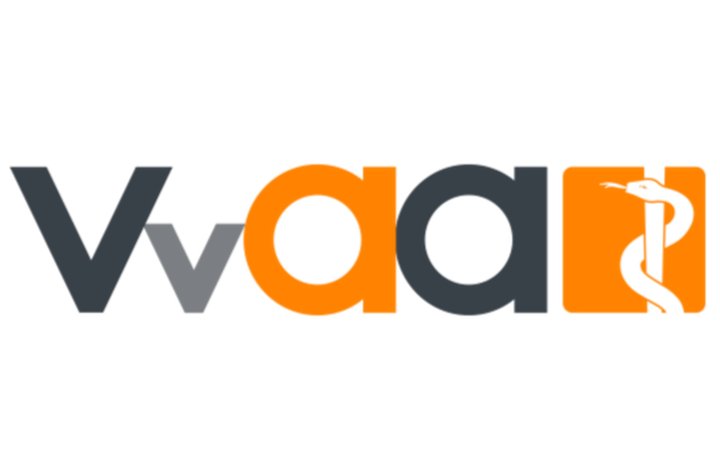First Steps
HOW MUCH?
Your first step is to work out how much you money you need. The cost of your placement is easy to work out using our pricing page, but what about spending money, flights, and new travel gear?
Make a list of everything you’re going to have to spend money on and get as close to a final total as you can.
HOW LONG?
The next step is to figure out how much time you’ve got. The longer you have, the more money you’ll be able to raise.
We strongly advise that you register for your placement long in advance of raising the money you need. Spaces on our programmes are limited, so waiting until you have the funds could result in disappointment. Our registration fee is €350, which allows you to secure your space immediately. You don’t have to worry about the outstanding balance until 60 days before you’re due to depart.
WHAT NEXT?
Next, you need to figure out what you can realistically achieve within your timeframe. If you’ve only got a couple of months, you’re not going to be able to plan and host a large event. By the same token, if you’ve got twelve months sending out only one or two grant applications would be a waste.
Success Stories
It’s normal to feel apprehensive about fundraising. Most people experience at least some doubt about their ability to persuade people that their cause is worth supporting. But you’ll surprise yourself if you take action.
Below are two of our favourite success stories that show just how fruitful fundraising can be, and that anyone can make it work.
Nursing student Maria Middleton fundraised enough money to cover her entire placement to Dar es Salaam, Tanzania. We caught up with her to discuss exactly how she managed to achieve this alongside her studies, and the advice she would give to others thinking of doing the same — click here to read her story.
Ellenia Tumini managed to secure an impressive £1000 towards her placement by applying for a bursary from a charity who fund research into women’s health, and also provide funding for obstetricians, nurses and midwives who want to perform their own research aiming to improve their understanding of women’s health issues - you can read her story here.



